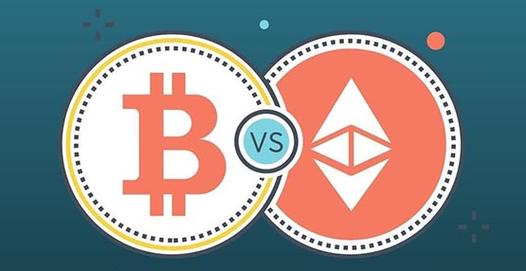
When it comes to managing business operations and leveraging cutting-edge technology, two systems stand out: ERP and ETH. ERP, or Enterprise Resource Planning, is a comprehensive software solution designed to streamline and optimize various business processes. ETH, on the other hand, refers to the Ethereum blockchain platform, known for its decentralized applications and smart contracts. Let’s delve into the details of both systems and compare their functionalities, advantages, and applications.
Understanding ERP Systems
ERP systems are integrated management software that consolidates different business modules into a unified platform. This integration allows for seamless data sharing and improved operational efficiency. Here are some key features of ERP systems:

| Functionality | Description |
|---|---|
| Financial Management | Automates financial processes, including accounting, cost accounting, budget management, and financial reporting. |
| Supply Chain Management | Optimizes inventory management, procurement processes, and supplier relationships to ensure timely material supply. |
| Production Planning | Improves production efficiency through optimized production schedules and process flow. |
| Quality Control | Ensures product quality through effective quality control measures. |
ERP systems offer several advantages, such as:
- Integration: Different business modules can share data seamlessly, eliminating information silos and redundant data.
- Real-time Data: Management teams can access the latest business data, enabling quick decision-making.
- Cost Reduction: Streamlined processes and improved efficiency can lead to cost savings.
Applications of ERP Systems
ERP systems find wide applications across various industries. Here are a few examples:
- Manufacturing: Optimizes production plans and process flows, enhancing production efficiency and product quality.
- Retail: Efficient inventory management and supply chain optimization improve product turnover rates and customer satisfaction.
- Finance: Streamlines financial processes, ensuring accurate and timely financial reporting.
Understanding ETH Systems
ETH refers to the Ethereum blockchain platform, which is a decentralized platform for creating and deploying decentralized applications (DApps) and smart contracts. Here are some key aspects of ETH systems:
- Decentralization: ETH operates on a decentralized network, ensuring transparency and security.
- Smart Contracts: ETH enables the creation of smart contracts, which are self-executing contracts with the terms directly written into code.
- DApps: ETH provides a platform for building decentralized applications, offering innovative solutions across various industries.
Advantages of ETH Systems
ETH systems offer several advantages, such as:

- Transparency: All transactions and smart contract executions are recorded on the blockchain, ensuring transparency.
- Security: The decentralized nature of ETH makes it resistant to hacking and fraud.
- Customization: Developers can create customized DApps and smart contracts to meet specific business needs.
Applications of ETH Systems
ETH systems find applications in various industries, including:
- Finance: ETH enables secure and transparent financial transactions, as well as the creation of decentralized finance (DeFi) applications.
- Healthcare: ETH can be used to create secure and decentralized medical records, ensuring patient privacy.
- Real Estate: ETH can facilitate secure and transparent property transactions, reducing fraud and intermediaries.
Comparing ERP and ETH Systems
While both ERP and ETH systems aim to optimize business operations, they differ in their functionalities and applications. Here’s a comparison of the two systems:
| Aspect | ERP Systems | ETH Systems |
|---|---|---|
| Functionality | Integrated management software for various business modules | Decentralized platform for DApps and smart contracts |
Industry Focus
Related Stories |



